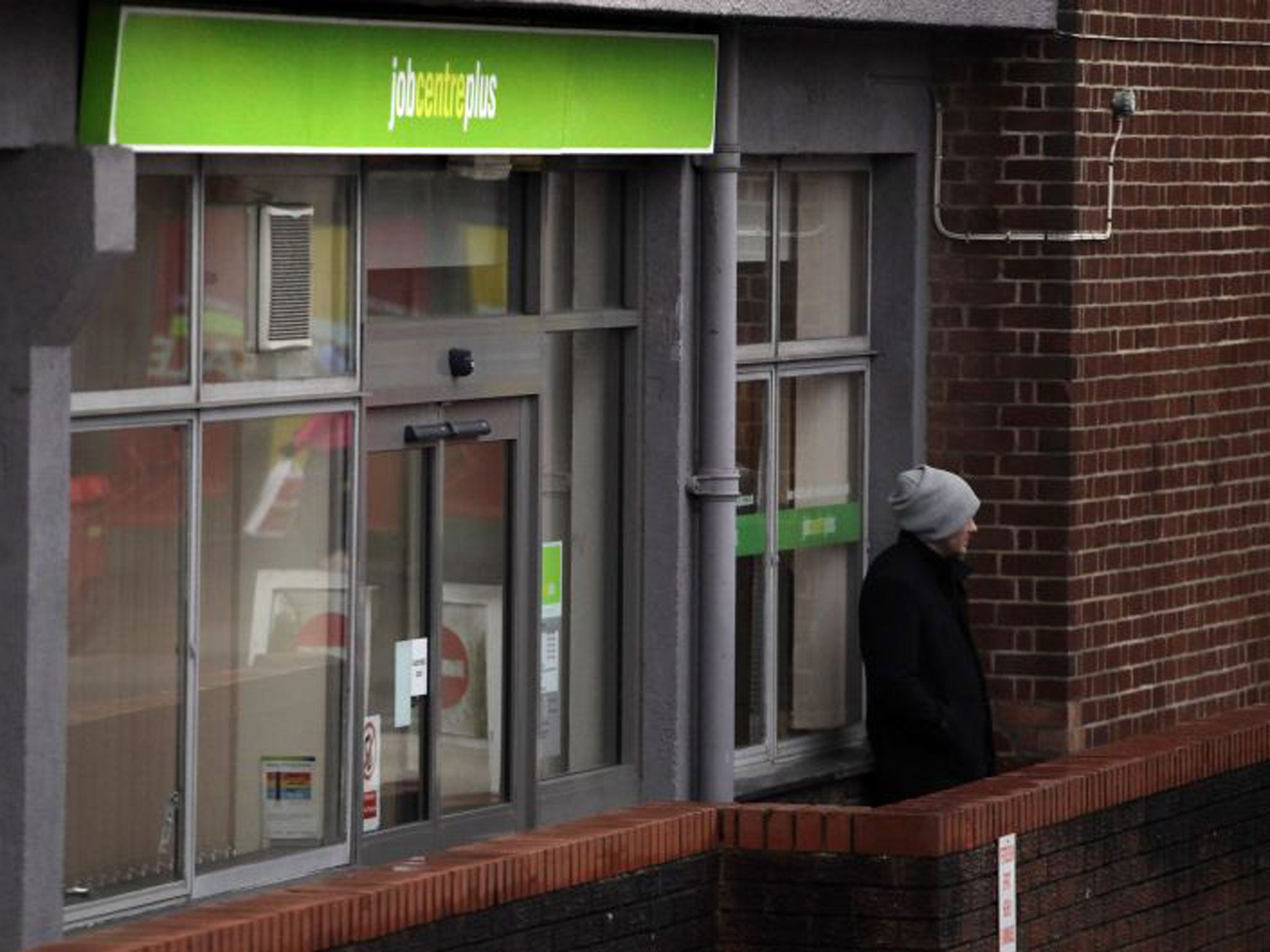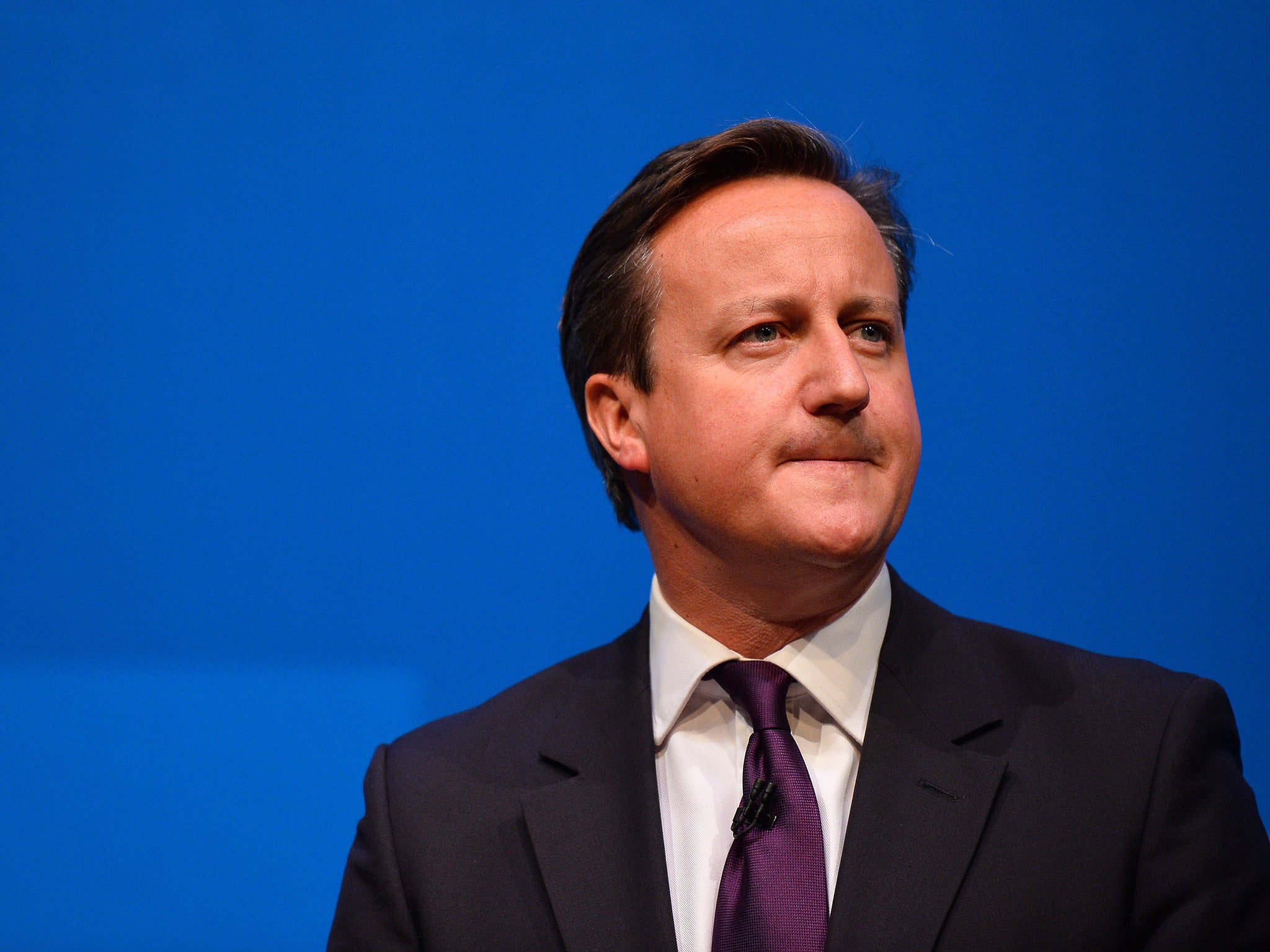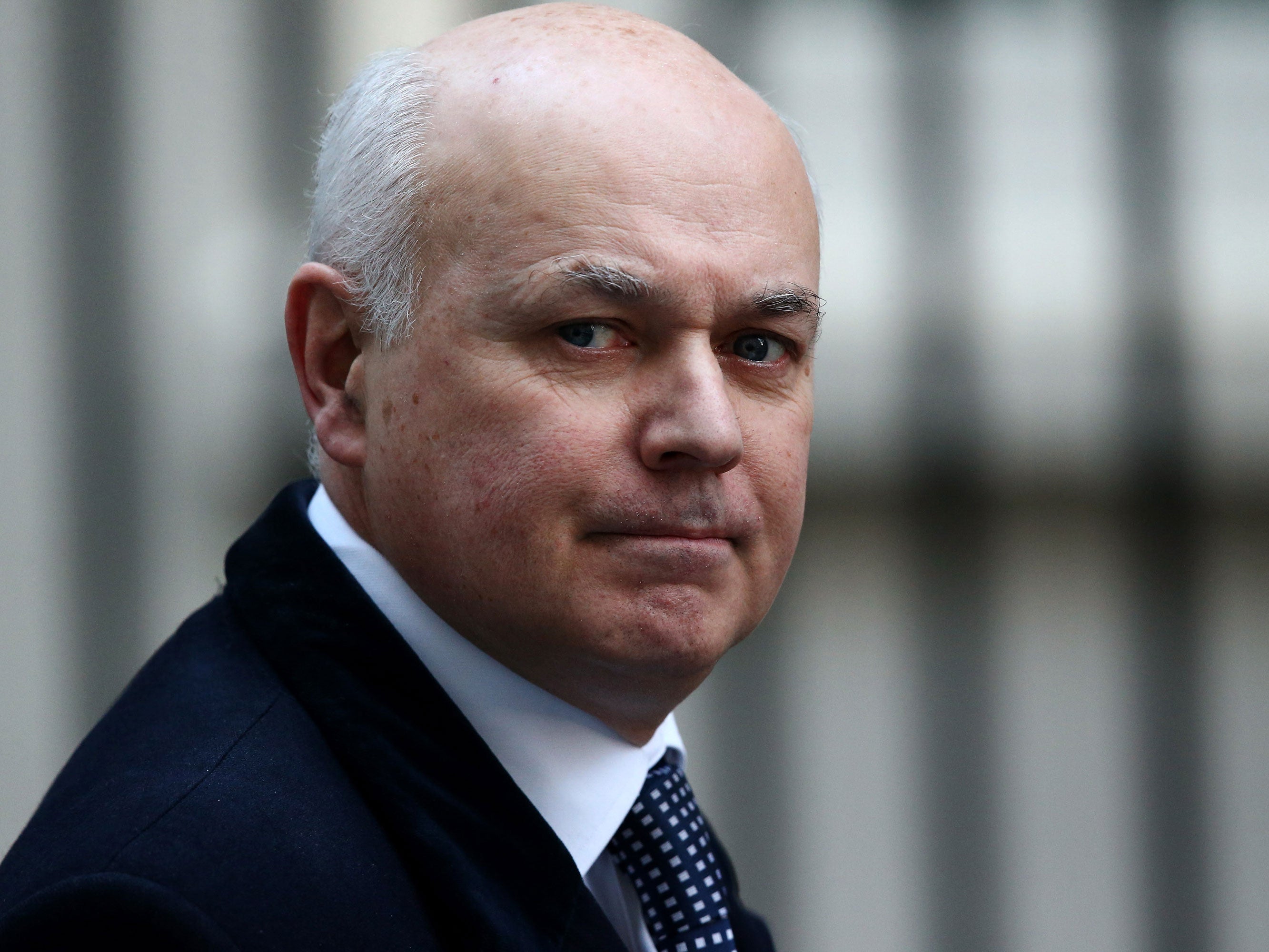David Cameron is open to people saving up for their own sickness and unemployment benefits
Downing Street has backed Iain Duncan Smith's suggestion

David Cameron is open to the idea of workers funding their own unemployment or sickness benefits privately through financial products, Downing Street has said.
The Prime Minister’s Official Spokesperson told a briefing of journalists in Parliament today that the Prime Minister agreed with a suggestion by Iain Duncan Smith about the role of private finance in the welfare state.
“We need to support the kind of products that allow people through their lives to dip in and out when they need the money for sickness or care or unemployment,” Mr Duncan Smith told the Sunday Telegraph at the weekend.
“We need to encourage people to save from day one but they need to know that they can get some of the money out when their circumstances change. This is not government policy but I am very keen to look at it, as a long-term way forward for the 21st century.”

The PM’s spokesperson reiterated that the idea was not the official policy of the Government but that Mr Cameron was prepared to look at it.
“I think the PM shares the work and pensions secretary’s view that we should be doing more to encourage people to take personal responsibility for how they manage their affairs,” she said.
“This isn’t government policy, it’s an idea that’s out there. It’s an idea that should be looked at. That’s where it’s at, at the moment.”
A move towards a private saving and insurance system for unemployment and other benefits would be a huge departure from the welfare state as it is currently constituted.

Unlike some other countries like the United States and many on the continent, the UK has a universal system of benefits rather than a so-called ‘social insurance on’ based on contributions.
Under those systems, those who have not had time to make a minimum contribution before they lose their job or become ill often do not receive any payments.
The involvement of private companies in such a system would go even further, with the privatisation of social security a key demand of the right-wing of the US Republican Party.
Nye Bevan, the Labour health secretary who set up the National Health Service, warned against the wastefulness of insurance systems in his 1952 book In Place of Fear.
“All the insurance company does is to assess the degree of risk in any particular field, work out the premium required from a given number of individuals to cover it, add administrative cost and dividends, and then sell the result to the public,” he wrote.
“This profit is therefore wholly gratuitous because it does not derive from the creation of anything. Group insurance is the most expensive, the least scientific, and the clumsiest way of mobilizing collective security for the individual good.
“…The means of collecting the revenues for the health service are already in the possession of most modern states, and that is the normal system of taxation.”
In a paper published last year the right-wing Institute for Economic Affairs think tank found that the introduction of competitive elements in the Swedish welfare state had had an “injurious” effect and that it had in turn caused a “backlash in Sweden against the notion of privatisation”.
Labour toyed with the idea of increasing the contributory aspects of the welfare state in the previous parliament but few elements ultimately made it into their manifesto.
Join our commenting forum
Join thought-provoking conversations, follow other Independent readers and see their replies
Comments
Bookmark popover
Removed from bookmarks